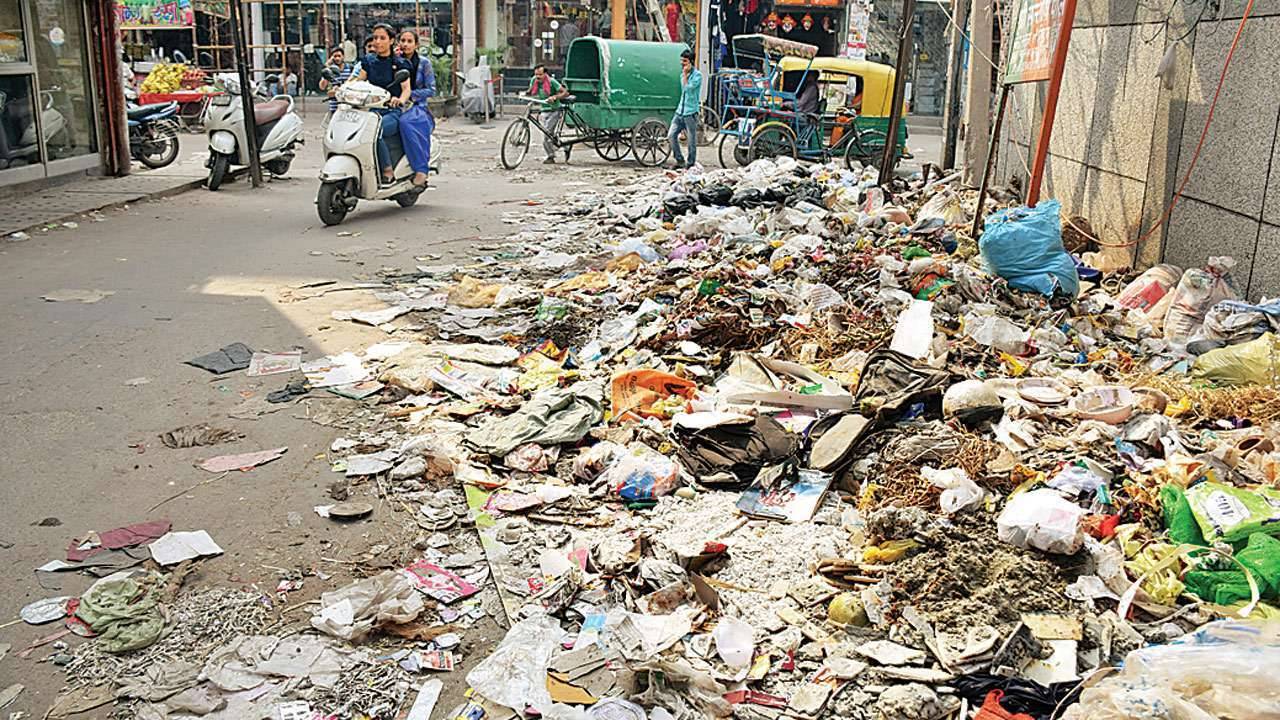Africa, known for its breathtaking landscapes and rich biodiversity, is unfortunately grappling with numerous environmental challenges. From air and water pollution to waste management issues, several countries on the continent are struggling to maintain clean and healthy environments. In this article, we will explore the top 10 dirtiest countries in Africa and shed light on the environmental issues they face.
Nigeria:
Nigeria
, Africa's most populous country, faces significant environmental challenges due to rapid urbanization, industrial activities, and inadequate waste management systems. Air pollution in major cities like Lagos and Port Harcourt is a major concern, with emissions from vehicles and industrial plants contributing to health problems.
South Africa:
Despite being one of Africa's most developed countries, South Africa grapples with pollution from mining activities, especially in areas like Gauteng and Mpumalanga. Air pollution, water contamination, and poor waste management practices pose serious environmental health risks.
Egypt:
With a high population density and industrialization, Egypt faces considerable air pollution, primarily from vehicle emissions and industrial activities. The burning of agricultural waste also contributes to the deterioration of air quality.
Kenya:
Kenya's rapid urbanization and inadequate waste management systems have led to mounting environmental challenges. Pollution of rivers and lakes, particularly Lake Victoria, is a pressing concern, along with air pollution in major cities like Nairobi.
Ghana:
Ghana faces various environmental issues, including improper waste disposal, unregulated mining practices, and illegal logging. The coastline is also affected by plastic pollution, threatening marine ecosystems and tourism.
Ethiopia:
As one of Africa's fastest-growing economies, Ethiopia struggles with air pollution, deforestation, and inadequate sanitation facilities. Rapid urbanization and industrial development contribute to the country's environmental challenges.
Angola:
Angola faces challenges related to oil pollution, illegal dumping, and inadequate waste management infrastructure. Oil spills have devastating impacts on marine life and coastal ecosystems.
Democratic Republic of Congo (DRC): The DRC faces environmental challenges such as deforestation, soil erosion, and pollution from mining activities. The extraction of minerals and metals has a significant ecological impact on the country's rich biodiversity.
Tanzania: Tanzania confronts environmental issues such as deforestation, water pollution, and inadequate waste management. The degradation of natural resources, including coral reefs and forests, threatens the country's unique ecosystems.
Ivory Coast: Ivory Coast faces pollution challenges from industrial activities, including chemical spills and improper waste disposal. The country is working towards improving waste management systems and reducing environmental pollution.
Conclusion:
The top 10 dirtiest countries in Africa face a range of environmental challenges, including air and water pollution, waste management issues, deforestation, and unsustainable mining practices. However, it is important to note that many of these countries are taking steps to address these issues. Governments, NGOs, and local communities are implementing initiatives to improve waste management, promote sustainable development, and protect natural resources. By recognizing and addressing these challenges, African countries can pave the way for a cleaner and greener future, preserving the continent's natural heritage for generations to come.




No comments yet
Be the first to share your thoughts!